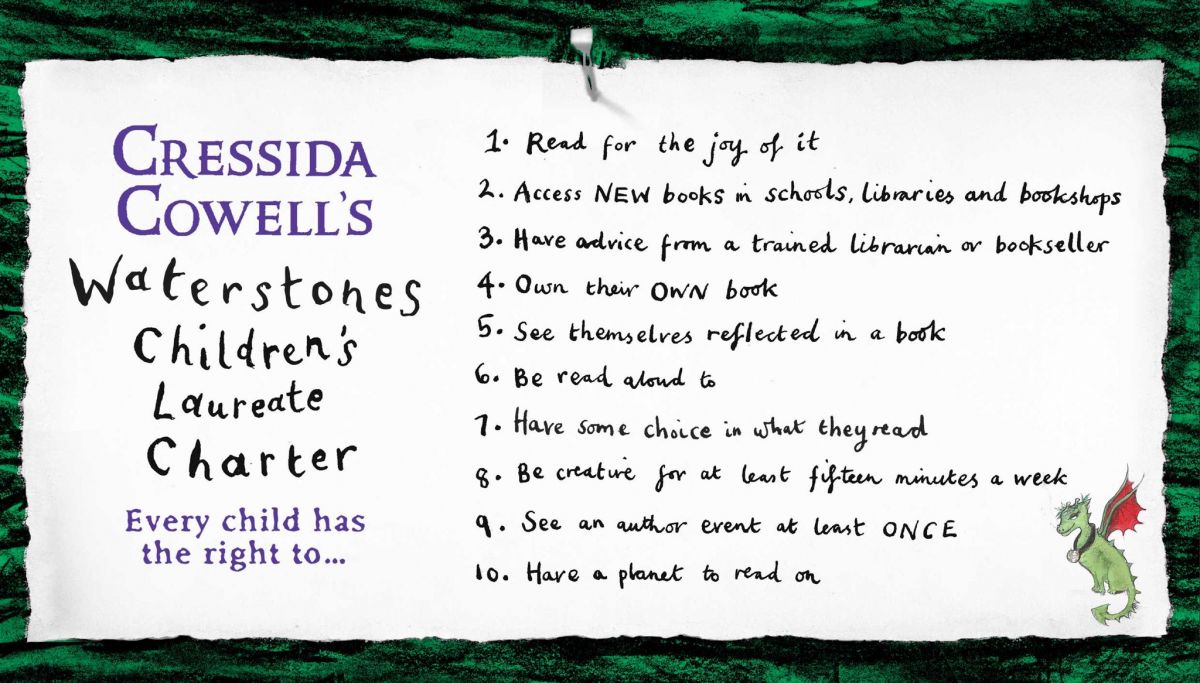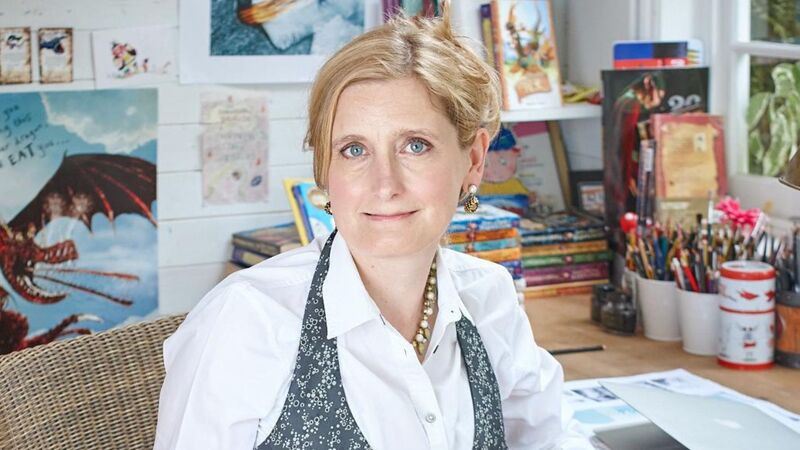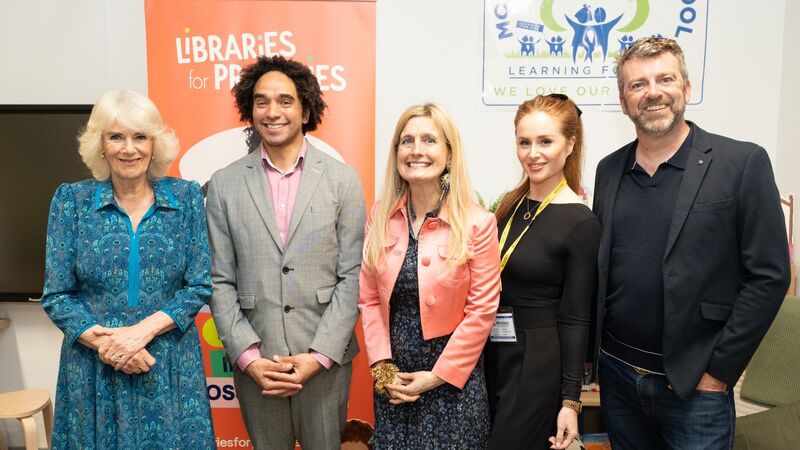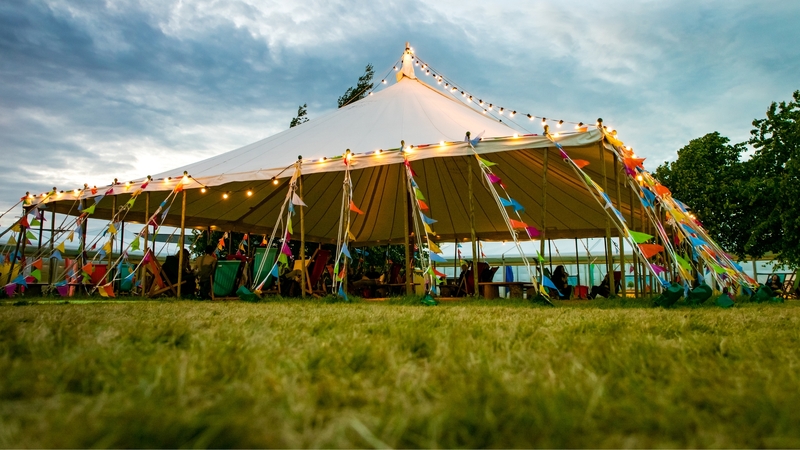You are viewing your 1 free article this month. Login to read more articles.
Children’s Laureate Cowell opens tenure with creativity plea and 10-point plan
Cressida Cowell, the new Waterstones Children’s Laureate, has drawn up a 10-point charter (see right), which she said is her “big to-do” list during her two-year laureateship.
Cowell was “gobsmacked” when BookTrust rang to ask her to take up the position, and she said that getting children to read for fun is a “big, interconnected problem... There are lots of areas where you have to be active, and they are all areas I’m going to try and act in”.
Her charter states that every child has the right to own their own book and see themselves reflected in a book, among other things, but the How to Train Your Dragon author is going to start by focusing on two key areas: libraries and creativity.
She told The Bookseller: “A question I keep asking is, if parents can’t afford books, and don’t live near a public library, and if the child’s school doesn’t have a library, how is a child supposed to become a reader? No one can give me an answer to this. I think books should be for everyone.”
Speaking to governments and policymakers will be part of the plan, but she wants to come up with practical solutions, too. “Ideally [school] libraries would be statutory and part of Ofsted, and I can call for that. But if it doesn’t happen, what can we do? Let’s see if there are any practical suggestions for ways it could happen.”

The new Waterstones Children's Laureate Cressida Cowell, photo credit: David Bebber
Cowell will also call for schoolchildren to be given at least 15 minutes every week when they can be creative, whether that be writing a story or designing a video game, and for teachers not to mark whatever it is the child has done.
This point of the charter leads on from a campaign called Free Writing Friday, launched last year because of “heartbreaking” feedback from parents, who said their children were too anxious about making mistakes to be creative.
For Cowell, giving children time to be creative has numerous benefits, academic and otherwise. “There is a whole load of research that says children who read and write for the joy of it do better academically,” she said, but was keen to point out that a book she was given to “be creative in” as a child didn’t show any signs that she would go on to be a Children’s Laureate in the future.
She added that the creative industries are worth more than £100bn in the UK annually, and “we are a country that does fantastically well and we perform on the world stage. Yet we had the lowest take-up of Art GCSE in 2016 that we have ever had. Creative subjects are seen as ‘soft’ subjects—what does that say about how we value culture?”

Taking time
Cowell studied English Literature at university, then had a brief career in publishing before going to art school. She said she started her career late, just as she was also embarking on motherhood, and had “a lot to prove” as a result. But, she stressed, she wasn’t an instant success. “I wrote four or five picture books at first and they weren’t hugely successful, although I was pleased with them. Even How to Train Your Dragon, which came out in 2003, was released quite quietly in paperback. It was a cult thing.
“One of the good things [about being a slow-burn success] is that no one was concentrating on whether I was ‘the next big thing’, so I could take some risks. Now, it is not unusual to have
an action-packed book with lots of illustrations, but at the time it was.”
The series now numbers 12 titles, plus films and numerous spin-offs, and Cowell has continued to work on picture books during her career, including the Emily Brown titles, illustrated by Neal Layton, for which she has a particular fondness.
She is currently working on the fourth book in her new fiction series The Wizards of Once, and when asked how she will combine being an author and the Children’s Laureate, she laughed and said: “It’s a once in a lifetime opportunity. I’m hoping it will all work out! To quote Shakespeare, all’s well that end’s well.”














